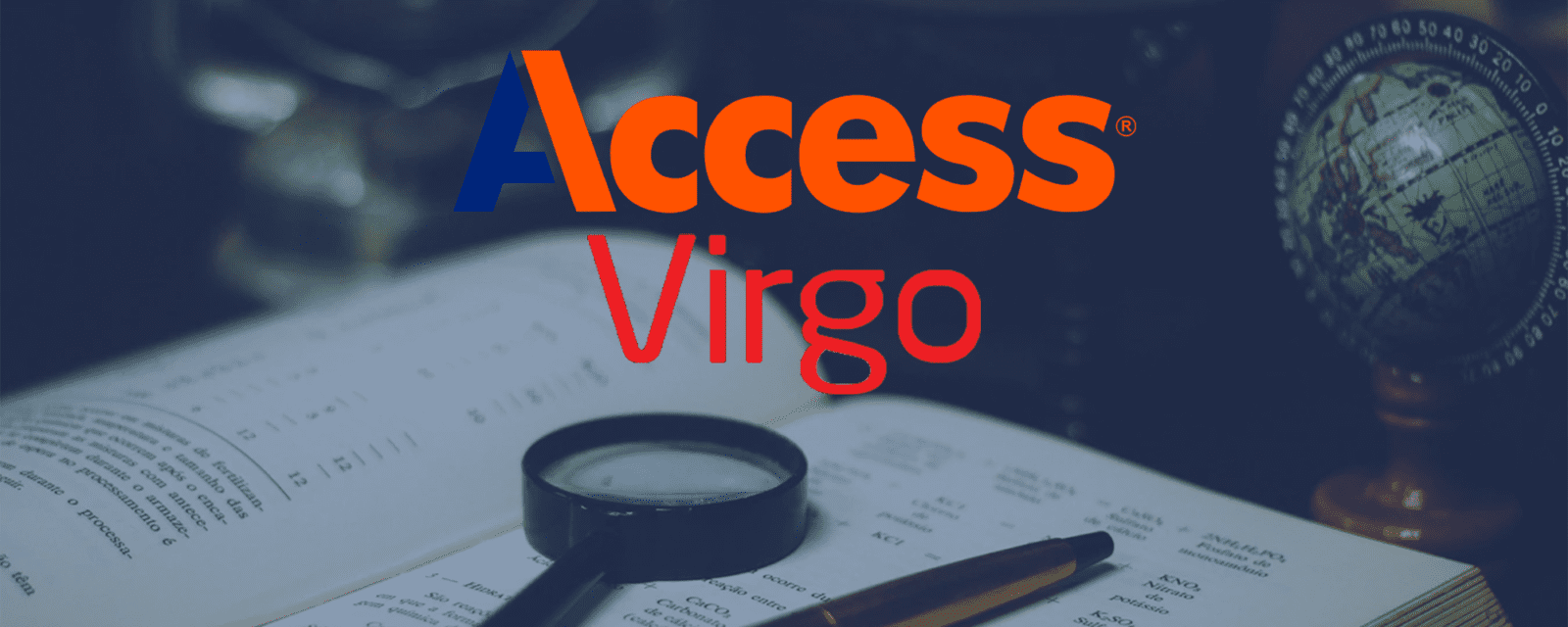
HR departments are often understaffed and overwhelmed. At HR audit time, the pressure only increases. As the number and scope of audits continues to grow, it’s important for HR to be prepared. Here are some of the features of today’s audit landscape and recommendations for keeping your head above water.
Audits are Ramping Up
A proliferation of government audits is affecting industries across the board.
In 2018 press conference, deputy director of ICE, Tom Homan, said that he wanted I-9 worksite audits to increase by 400 percent. And between January and July of the same year, more than 5,200 audit notices were sent to businesses across the U.S. A notice can arrive at any time, and you need to supply documentation for all your employees within three business days.
If an agent comes to your door with a search warrant, failure to produce I-9 forms can result in fines ranging from $110 to $1,100 per violation.
While the I-9 form itself—which verifies employee identity with IDs such as a Social Security number or driver’s license—is simple, it needs to be signed in several places, and it’s not uncommon for employees to miss a signature. They may also leave out information or become confused and check too many boxes in the citizenship status area.
I-9 mistakes may be unintentional, but they can come at a substantial cost for your company. An event planning company was fined over $600,000 for incompletions and missing signatures on its I-9s. Another company was fined $227,000 because the wrong person signed forms for remote workers.
I-9s are not the only type of audit that is increasing. The Office of Federal Contract Compliance Programs (OFCCP), which enforces anti-discrimination and affirmative action laws, sent out 1,000 notices to companies in the first two months of 2018, warning them of upcoming compliance evaluations.
Both the Internal Revenue Service (IRS) and the Department of Labor (DOL) have increased their audits of company retirement plans. The IRS, state tax authorities, and insurance companies may conduct audits at any time.
Preparing for an Audit
To avoid being caught flat-footed during an HR audit, you should always have your documents updated and ready to go.
For I-9s, cross-reference your list of employees with the forms you have on file to make sure you have everyone covered. Then, go through the forms to look for missing information or signatures. Remember that you need to re-verify work authorization documents for employees who aren’t citizens.
Create checklists for other types of audit documents and periodically review them to make sure all documents are in working order, or better yet, digitize all your employee documents and use an employee document management software to keep track of what’s missing and what needs to be updated to stay in compliance.
Solving the Time Crunch
Preparing for an audit isn’t difficult, but it can be extremely time-consuming, sometimes requiring hiring temps or pulling HR staff off of other. It gets even worse during the audit, especially if you have to make extra copies of documents for officials. Other work gets set aside, leaving you backed up for weeks.
You can save a lot of time with automated HR document management software. Software can help you gather each type of document in seconds and review them to make sure they are complete. You can also share documents with auditors in secure data rooms, increasing safety and eliminating the need to make copies.
When you account for all the extra labor involved in finding and organizing documents for an audit, it becomes obvious that a document management platform saves you time and money. Our calculations show that two audits a year means two weeks of extra labor, performed either by hired help or staffers working overtime.
As you prepare your annual budget, you can avoid the audit stress with appropriate planning and the decision to invest in document management software. For calculations that translate common HR challenges into real numbers, take a look at this infographic, Elevate HR with Smarter Employee Document Management: How to Build an Airtight Business Case to Save your Company time and Money.
Andrea Palumbo has over 20 years of experience in the HR and Payroll industry as both an HRIS client and vendor. Her teams are responsible for implementing and maintaining critical HR technology, data and timely processing of payroll for over 1300 employees globally. Andrea’s in-depth knowledge of HR Technology and sensitive employee data allow her to convey the benefits of having a robust HRIS and data management systems working together side by side.




